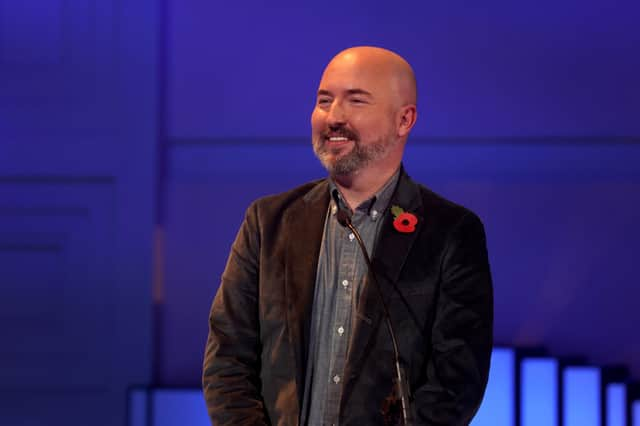Douglas Stuart's follow-up to Shuggie Bain, Young Mungo, doesn't take too many risks, but has a big heart – Laura Waddell


Young Mungo, Stuart’s new novel, has a lot in common with his Booker Prize-winning debut Shuggie Bain – but with more pigeons, as here romance blossoms among the doocots.
Both feature as protagonist a vulnerable boy, too innocent for this world, youngest of his family and neglected by an alcoholic mother. Both books are about growing up gay and struggling for emancipation in a resistant, macho, sectarian west of Scotland setting, and both powerfully depict sexual abuse from predatory older men who take advantage of the innocence and isolation of boys who are searching for themselves.
Advertisement
Hide AdAdvertisement
Hide AdMungo, like Shuggie, balances worrying for his erratic and often AWOL mother with a coming-of-age yearning for freedom and self-expression.
In Young Mungo, much is made of the fact Mungo has rarely been outside of the same few streets. “Fifteen years he had lived and breathed in Scotland, and he had never seen a glen, a loch, a forest, or a ruined castle.”
It’s a little on the nose. But it describes an era of slower social mobility, when there were fewer opportunities for young people brought up in poverty to escape claustrophobic domestic situations and go their own way in the world.
I find it interesting that contemporary Irish literary novelists, like Sally Rooney, are writing about present day Ireland, but the appetite for Scottish writing still lies in depictions of the hard and gritty 1970s-1990s.
In his vivid portraits of gay young Glasgow men, Douglas Stuart depicts poverty while subverting the hard man stereotype. Scotland has evolved over that time, but those who’ve found their voice are still processing the long tail of growing up within cultures of drink, drugs, and violence.
It’s quite a surreal experience to see that world suddenly taken up, stock images of schemes and all, by literary reviews from down south that have a tendency to overlook modern Scottish writing on the whole.
The prose in Young Mungo doesn’t take too many risks but, overall, I can't help but root for a gay, tender, working class kid from Glasgow, in this book with a big heart.
A message from the Editor:
Thank you for reading this article. We're more reliant on your support than ever as the shift in consumer habits brought about by coronavirus impacts our advertisers.
If you haven't already, please consider supporting our trusted, fact-checked journalism by taking out a digital subscription.
Comments
Want to join the conversation? Please or to comment on this article.

